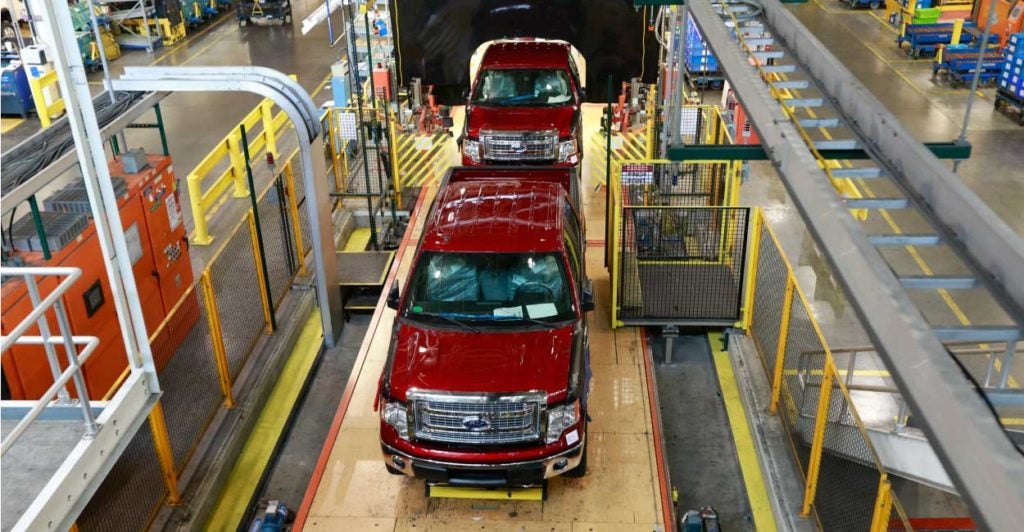In 2010, the Michigan economy was on the rocks—715,000 people were out of work, and the Great Lakes State’s gross domestic product had contracted by 7.6 percent by the time the recession ended. Today, Michigan is the comeback state, and international trade plays a vital role in its growth.
Here are seven facts about the impact of international trade and investment on the Michigan economy:
- Over 1 million Michiganders owe their jobs to international trade through foreign investment, exports, and imports.
- More than 14,500 Michigan companies export goods around the world each year, supporting nearly 271,000 Michigan jobs.
- In 2015, Michigan imported $124 billion in products, and many of these imports were components for auto manufacturing, such as steering wheels, suspension shock absorbers, and brakes.
- Nearly 780,000 Michiganders, 21 percent of private-sector employees, work in wholesale, retail, and transportation industries, selling and moving American and foreign-made goods.
- In 2013, 208,900 Michiganders had jobs because of foreign direct investment in the state, representing about 5.8 percent of total private-sector employment.
- Michigan is home to 375 auto-related centers for research and development; 120 of these facilities are foreign-owned.
- There has been no net job loss in Michigan due to trade with Mexico, Canada, China, or any other country. Since the North American Free Trade Agreement (NAFTA) was implemented in 1994, Michigan has added 281,700 private-sector jobs.
Foreign investment, exports, and imports have helped make Michigan a global automotive supplier and incubator for manufacturing innovation. In order to sustain this unique advantage, candidates representing the needs of Michiganders should support free trade policies that reduce trade barriers and increase economic freedom for all.
>>>Read more: “Trade and Prosperity in the States: The Case of Michigan“
